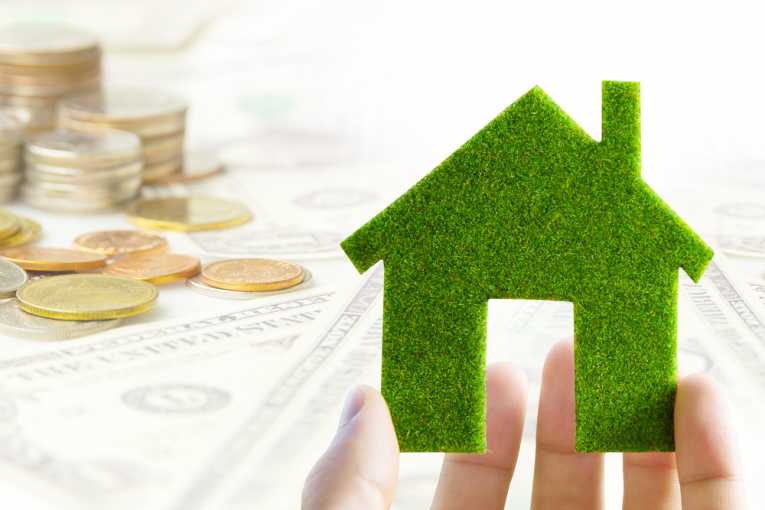Once accused of being an unnecessary ploy for hippies and environmentalists, saving energy is now one of the main goals for homeowners everywhere.
Widely recognized as an effective cost saving measure in a world of ever increasing energy costs, knowing how to save energy at home can make life simpler and better.
Windows
Much of your home's energy is wasted through the windows simply because single pane windows are terrible at keeping the outside temperature separate from the inside temperature and window sills often have cracks that allow air seepage.
Replacing your old windows with energy efficient windows can drastically cut back your energy bill. You can also repair your windows to reduce energy loss and use thick window coverings during the hottest parts of the day to reduce the amount of heat coming in. Strategically placed screens can provide an effective air flow through warm rooms, reducing your need for air conditioning.
In the kitchen
The kitchen is easily the most energy intensive room in the house, but it's also the one that can help you save the most energy. First, take stock of your energy uses and habits in your kitchen: do you tend to leave things on and running, or leave appliances you rarely use plugged in? If replacing your major kitchen appliances just isn't in the stars try to make them as energy efficient as possible. Turn off the heated dry setting on your dishwasher and only wash full loads. Keep your freezer and refrigerator stocked and set the temperature dial to medium; you can significantly reduce the energy consumed and even save food at the same time.
Stop pre-heating your oven and leaving pans boiling on the stove. Also, washing dishes by hand with super hot water is not only bad for your skin, it requires a lot of energy to heat all that water. Get your dishes just as clean with concentrated soap and mildly warm water, and don't forget to turn the water off while you're scrubbing!
In the bathroom
A hot shower might be a wonderful way to relax at night or ease into morning, but heating water requires an immense amount of energy. The occasional hot shower isn't terrible, but for daily use try a slightly cooler shower. If a full bathroom remodel isn't possible, instead install water efficient shower heads, faucets and toilets that will save a good amount of energy. Unplug hair dryers and electric toothbrushes after using them and air out the bathroom by opening the door or a window instead of running the vent. Obviously, turn off the water while brushing your teeth!

Turn off the tap when brushing; Credit: © Shutterstock
Around the house
There are energy saving recommendations that have been around for a long time, like turn off lights after you leave a room, only wash laundry with a full load, put in energy efficient light bulbs and so on, but there are slightly more advanced ways to save energy at home and reduce your utility bill.
Laundry: Wash on a cold setting and use a low heat drying option or air-dry your clothes outside. If you have a high efficiency washer use high efficiency detergent.
Lighting: If you don't need to turn on a light, don't. Set exterior lighting on a timer or motion sensor. Also, replacing bulbs that give off heat with low-heat LED lighting can help you save on cooling costs in addition to energy.
Air conditioning: Have your vents cleaned and maintain your AC unit. Clean vents mean your AC doesn't have to work as hard or use as much energy to get the same temperature, and clean air filters help, too.
Electricity: Don't leave electronics plugged in when at all possible. Items like cell phones, laptops, and floor fans can be plugged in only when needed. Get an energy efficient surge protector (there are models that automatically shut off electricity when the item is charged) to plug in your electronics. Turn off your cable box when it's not in use.
Water heater: If you can't replace your water heater with an energy efficient model, add a jacket to the heater and sleeves to the pipes to conserve energy.










